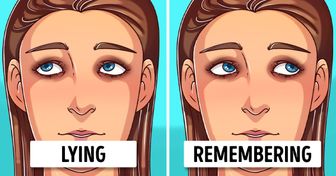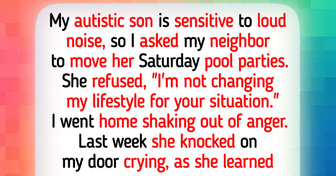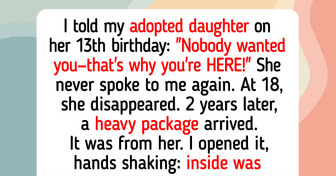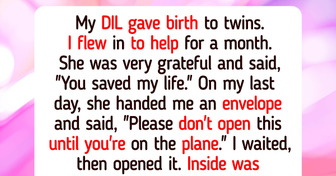14 Photos That Show Such Great Transformations, Even Hogwarts Would Be Amazed
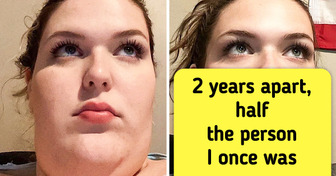
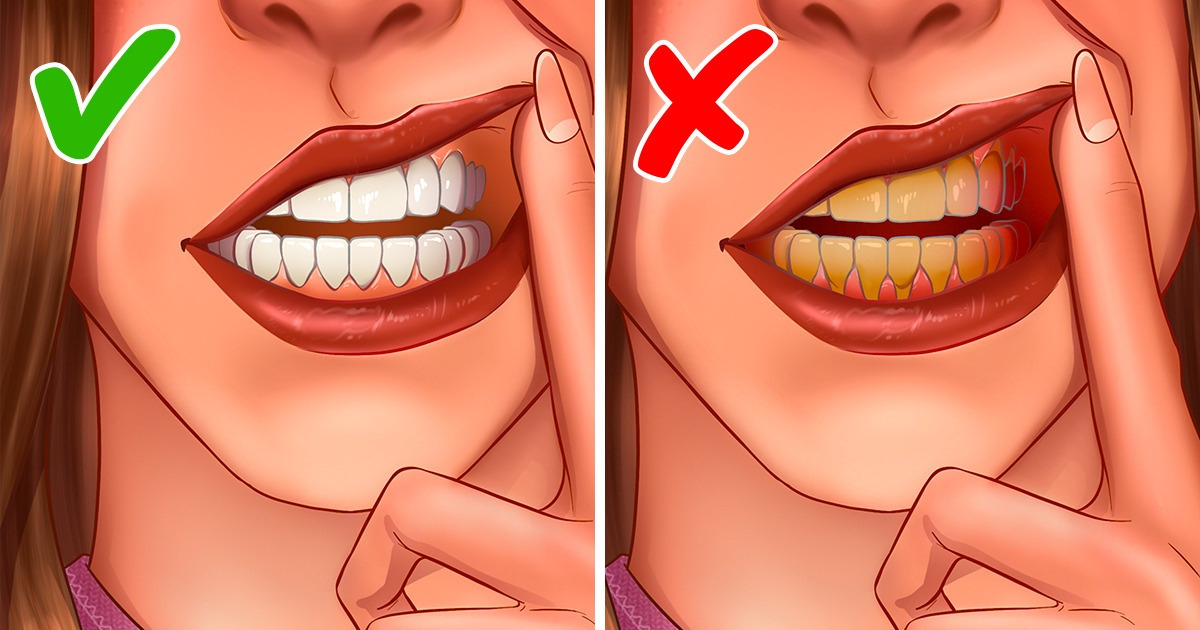
When you feel exhausted at the end of the day, chances are you forget to brush your teeth every once in a while. Although properly brushing your teeth is an essential step in preventing cavities and decay, many dental experts say brushing just once a day is enough to keep all these problems at bay.
We at Bright Side were surprised to find out that once-a-day brushing might be enough, and we decided to find out the reasons behind it.
When it comes to brushing teeth, more isn’t always better. In fact, most experts believe that brushing just once a day is enough to prevent bacteria and cavities from harming your teeth. The key is not to brush after every meal, but to do it correctly, and if you invest enough time in once-a-day brushing, it might be enough to maintain good oral health. Overbrushing your teeth, on the contrary, may do more harm than good because if you do it too vigorously, it can wear down your tooth enamel and increase sensitivity.
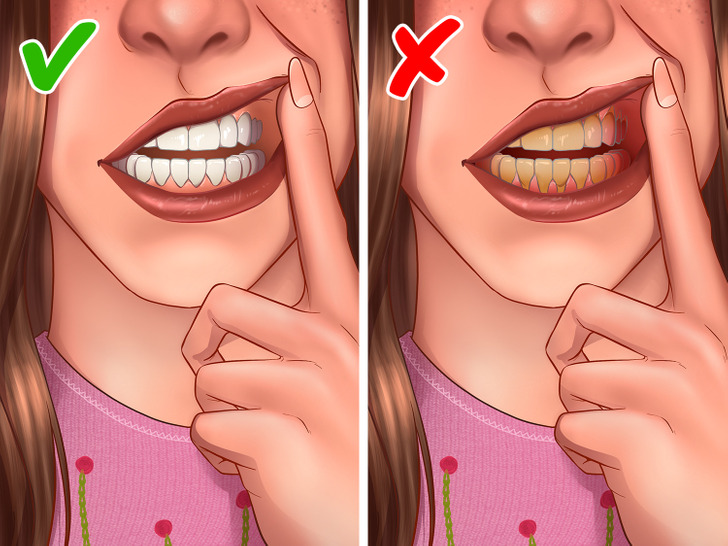
If you don’t brush your teeth, the worst thing that could happen is gum disease, as bacteria will feast on the pieces of food stuck between your teeth. But many dentists believe that if you thoroughly brush your teeth once a day, you’ll disrupt harmful bacteria way before it can actually damage your gums. The plaque that causes gum disease takes at least 24 hours to develop, and brushing once a day may be enough to prevent it from happening. Brushing too often, on the other hand, can seriously damage your gums and even cause them to recede, which, in turn, will make them more vulnerable to infection.
You might be thinking that using a hard-bristled brush will help you brush your teeth more effectively and make them look whiter, but it actually works the other way around. Brushing your teeth with a hard (or even medium-bristled) toothbrush can damage the outer layer of your teeth and make them more prone to staining. Instead of overbrushing your teeth, it’s better to do it less often with a soft-bristle toothbrush to avoid too much pressure.
While properly brushing your teeth is crucial for your oral health, doing it too often can actually do the exact opposite. When you’re brushing your teeth too much, it makes them vulnerable to decay and cavities and damages your tooth enamel.
How often do you brush your teeth? Have you ever gone to bed without brushing?


